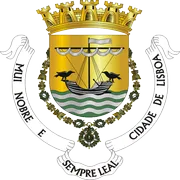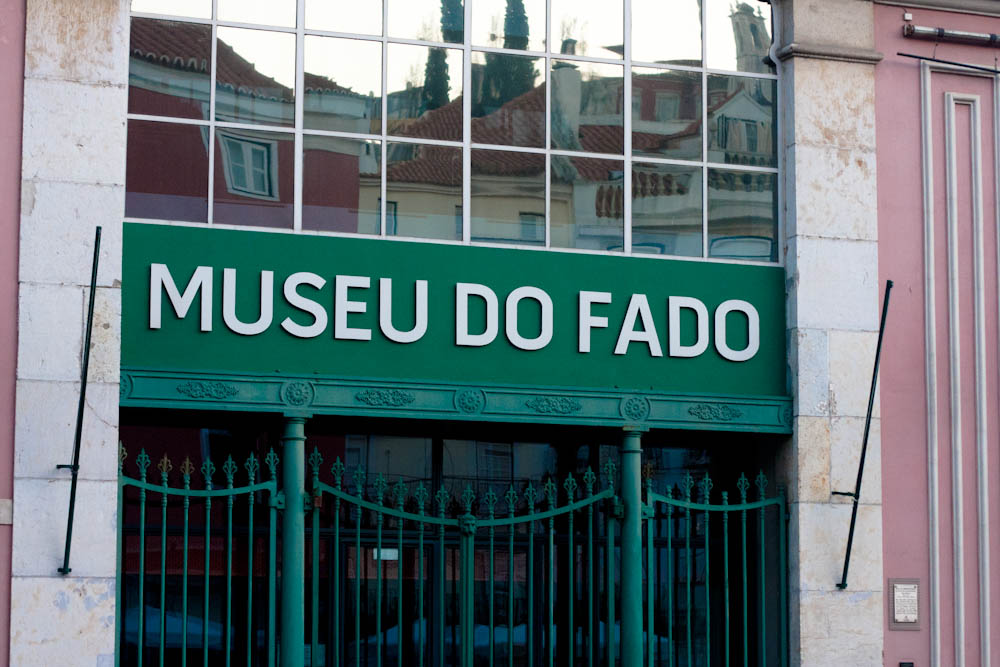Nestled in the heart of Lisbon’s historic Alfama district, the Fado Museum stands as a testament to Portugal’s most iconic musical tradition. This small but captivating museum offers visitors a deep dive into the world of fado, a melancholic genre of music that has become synonymous with Portuguese culture and identity.
As you step into the museum, you’re immediately enveloped by the haunting melodies of fado playing softly in the background. The atmosphere is intimate and inviting, much like the small taverns where fado performances traditionally take place. The museum’s layout guides visitors through a chronological journey of fado’s evolution, from its humble beginnings in the early 19th century to its current status as a UNESCO Intangible Cultural Heritage.
One of the first exhibits you’ll encounter showcases the origins of fado. Here, you’ll learn about the various theories surrounding its birth, including its possible roots in African slave songs or medieval troubadour ballads. The museum does an excellent job of presenting these different perspectives, allowing visitors to form their own opinions about fado’s mysterious beginnings.
Moving through the museum, you’ll find an impressive collection of artifacts related to fado’s history. Vintage posters, old recordings, and traditional instruments like the Portuguese guitar are all on display. These items provide a tangible connection to the past and help bring the story of fado to life. One particularly fascinating exhibit features a recreation of a typical fado house, complete with period furniture and atmospheric lighting.
As you explore further, you’ll discover sections dedicated to fado’s most influential figures. Amália Rodrigues, often referred to as the “Queen of Fado,” is given special attention. Her powerful voice and emotive performances helped popularize fado both in Portugal and internationally. The museum houses a collection of her personal items, including some of her iconic black shawls and elaborate jewelry.
Interactive elements throughout the museum keep visitors engaged. Touch screens allow you to listen to different styles of fado and learn about the various instruments used in performances. There’s even a small area where you can try your hand at writing your own fado lyrics, giving you a deeper appreciation for the craft behind this emotive art form.
One of the museum’s strengths is its ability to contextualize fado within broader Portuguese history and culture. Exhibits explore how fado has been influenced by and reflected social and political changes in Portugal over the years. From its role during the Estado Novo dictatorship to its resurgence in popularity following the 1974 Carnation Revolution, fado has always been closely tied to the Portuguese national identity.
As you near the end of your visit, you’ll find a section dedicated to contemporary fado. Here, you can learn about modern artists who are keeping the tradition alive while also pushing its boundaries. This part of the museum emphasizes that fado is not just a relic of the past but a living, evolving art form that continues to resonate with new generations.
Before leaving, be sure to check out the museum’s small auditorium. If you’re lucky, you might catch one of the regular live fado performances held here. These intimate shows provide the perfect capstone to your visit, allowing you to experience the raw emotion and power of fado firsthand.
As you step back out into the winding streets of Alfama, you’ll leave with a newfound appreciation for this uniquely Portuguese art form. The Fado Museum may be small, but it packs a powerful punch, offering visitors a comprehensive and engaging look at the history, culture, and enduring appeal of fado. Whether you’re a longtime fan or a curious newcomer, this museum is sure to strike a chord and leave you humming a melancholic tune as you continue your exploration of Lisbon.
The Fado Museum in Lisbon serves as a vital cultural institution dedicated to preserving and promoting Portugal’s iconic musical genre. Through its extensive collection of artifacts, multimedia exhibits, and live performances, the museum offers visitors a comprehensive exploration of fado’s history, evolution, and significance in Portuguese culture. By showcasing the lives and works of renowned fado artists, as well as the instruments and traditions associated with the genre, the museum plays a crucial role in educating both locals and tourists about this important aspect of Portugal’s intangible cultural heritage. The Fado Museum not only celebrates the past but also contributes to the ongoing appreciation and development of fado, ensuring its legacy continues for future generations.

